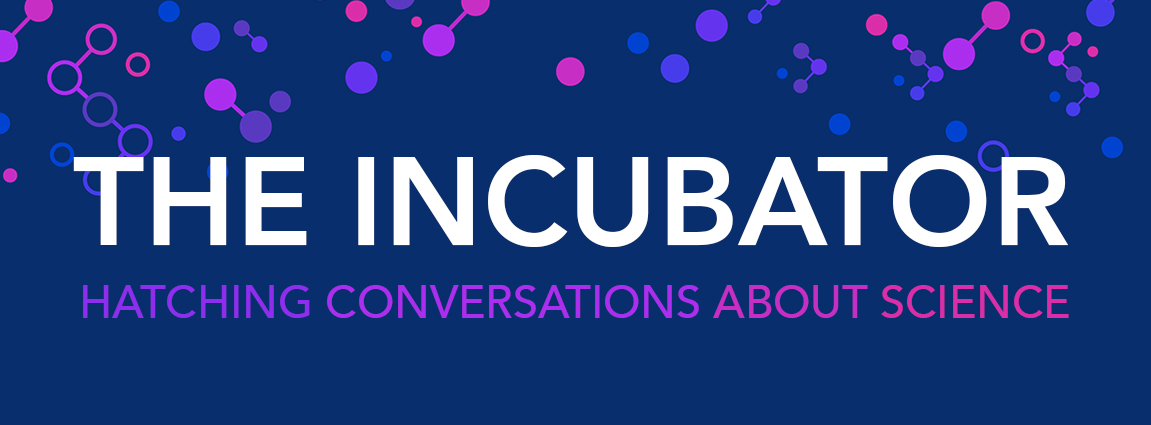Learning to #FailBetter

The impact of science on our society is undeniable. Yet, most typically engage with science at the very end of the scientific process, seeing a scientific output as something that is powerful, high-profile, and very polished. However, our current ways of consuming science do not reflect the lengthy and difficult processes that are critical to the scientific enterprise. Science is, after all, a human endeavor, and humans inevitably fail. But, from the perspective of science, failing is a great thing.
RockEdu broke with this tradition of exclusively presenting polished products of science by hosting a LAB Out Loud [LOL] event in collaboration with WISeR (Women in Science at Rockefeller) on how to #FailBetter. During this event, five women, all accomplished scientists, took to the stage to tell a story, but not of their successes – instead the panelists spoke candidly about their failures.
Stuart Firestein wrote in his seminal text, Failure: Why Science Is So Successful, “Now and again you have to venture out into the darkness, beyond the pool of light, where things are shadowy and the likelihood of failure is high.” These women did just that, and they went a step further by sharing their adventures with the next generation. High School students from all over New York City were given an honest look into the daily life of a scientist. The budding minds in the audience learned the importance of embracing failure as an element of one’s successes; at the bench and in their everyday lives.
The speakers’ fields of study were diverse, but they were connected by a passion for disseminating science outside the lab. Kate Bredbenner and Maryam Zaringhalam have both developed their own platforms for science outreach, in addition to volunteering with RockEdu’s Science Outreach Lab. Maryam runs ArtLab, a series that pairs scientists with artists, and podcasts with Science Soapbox, exploring science and policy. Kate runs a YouTube series called the SimpleBiologist that showcases new scientific research as fun whiteboard explainer videos. Meghan Aileen Lockard also serves the Rockefeller community by volunteering as vice president of the Parent’s Association and organizing the Feminist Book Club for Women in Science, and Aniek Ivans lectured on behalf of the outreach organization Know Science before moving back to Holland. The panel was narrated by RockEdu’s very own Science Outreach Director, Jeanne Garbarino.
The panelists commitment to sharing science with the public, informs how they were able to go against the grain, and open-up about their experiments that failed. In science, failure is part of the equation, and as the panelists in February’s Lab Out Loud [LOL] lecture clarified, that is not necessarily a bad thing.
____________
The Lab Out Loud [LOL] lecture series aims to expose high school students to cutting edge research being performed right here in New York City. (Part of cutting edge research is coping with the inevitable failures.) Students attend the talk, and then have a chance to ask questions, and participate in a networking event with other students and scientists in attendance. For more information about Science Outreach programming for high school students and teachers at Rockefeller University, check out our website.
